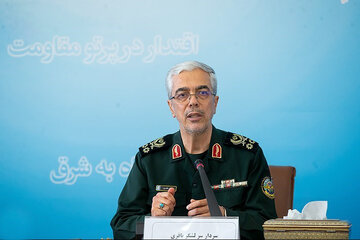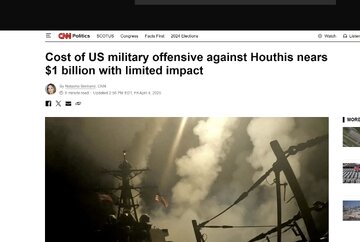٦ فبراير ٢٠٢٥ - ١٤:٢٤
رمز الخبر: 1520799

وفقا لما أفادته وكالة أنباء أهل البيت (ع) الدولية ــ أبنا ــ إعمار غزة..من لم يساند غزة في الحرب لن يسانده بعدها..





تعليقك